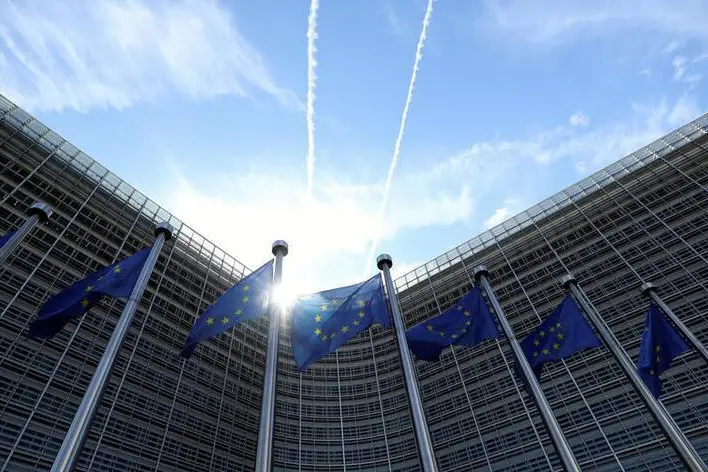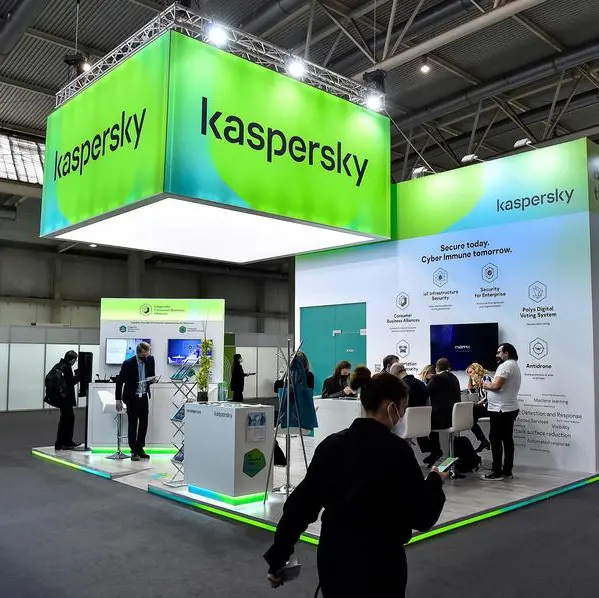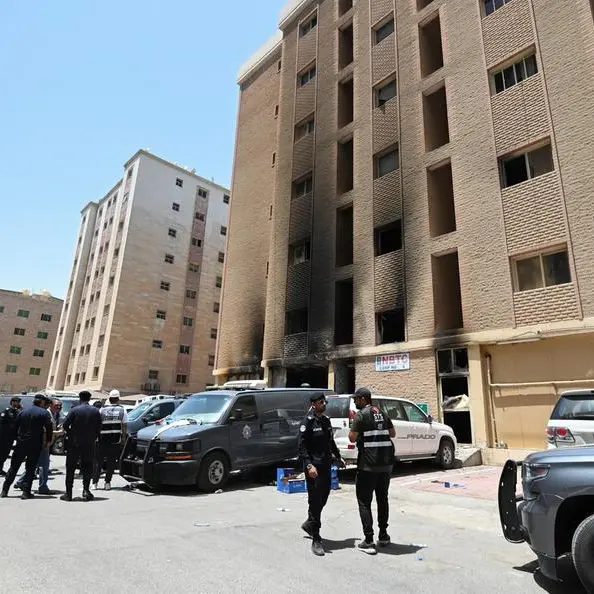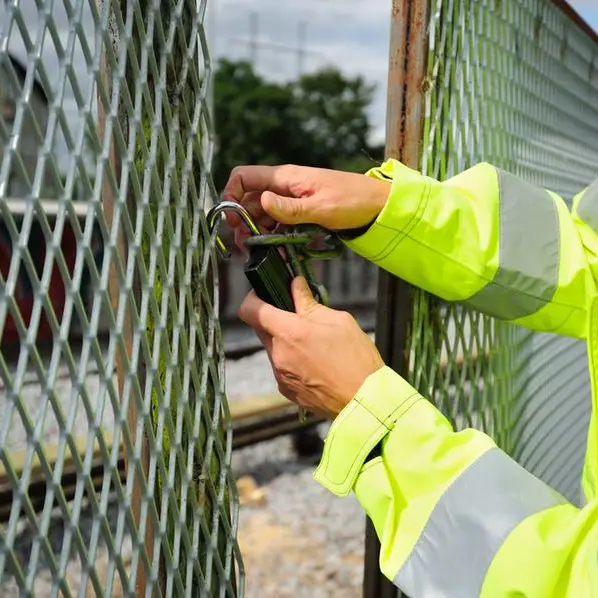PHOTO
BRUSSELS - The European Parliament on Wednesday rejected a proposal to upgrade the European Union's carbon market, an unexpected move that exposed divisions over the bloc's core climate policy and could delay negotiations to finish the measure.
A committee of lawmakers must now try to forge a new compromise after chaotic scenes and a blame game erupted in Parliament.
Green and Socialist lawmakers rejected the proposal because of conservative groups' amendments they said weakened it too much, while right-wing groups considered it too ambitious, especially in the light of inflationary pressures.
Parliament's rejection meant votes on two related climate policies were postponed. They are the EU's world-first plan to place a CO2 levy on imports of goods such as steel and cement, and a fund that would use ETS revenues to support low-income citizens.
The rare rejection could set back the timeframe for finishing the law - which the EU is racing to do this year, so it can apply in 2023.
The proposal was meant to confirm parliament's position for negotiations on a new proposed law to reform the Emissions Trading System (ETS).
The EU's main policy tool for cutting emissions, the ETS requires power plants and industry to buy CO2 permits when they pollute.
Along with other new climate policies, the ETS upgrade would put the EU, the world's third biggest polluter, on track to cut net planet-warming emissions by 55% by 2030, from 1990 levels.
Pascal Canfin, chair of parliment's environment committee, which will redraft the proposal, said it was unclear how quickly a new deal on the carbon market could be reached.
"We will do it as fast as possible... this deal could be made this afternoon, could be made in two weeks, could be made in July," he said.
Peter Liese, parliament's lead negotiator, urged his colleagues to find a compromise that would win support.
"All those that voted against today can think twice... please don't kill the ETS," he said.
Lawmakers will vote on another three climate policies on Wednesday, with the outcome of those also uncertain as concerns about soaring energy costs and inflation collide with Europe's commitments to fight global warming.
Brussels is touting the policies as a way to swap reliance on Russian fossil fuels for locally-produced green energy, eventually lowering energy prices and avoiding the spiralling costs that failing to tackle global warming would incur.
But some lawmakers cite the immediate pressures of energy costs, the economic consequences of the Ukraine war, and the need to give industries more time to adapt as reasons for a slower approach.
A significant vote will be on plans to impose a 100% cut in CO2 emissions from new cars by 2035 - effectively banning new combustion engine car sales in the EU. Some lawmakers want to weaken that to a 90% CO2 cut.
Emails seen by Reuters show some industry lobbies have urged lawmakers to delay or weaken the measures.
(Reporting by Kate Abnett, Editing by Barbara Lewis and Mark Potter)





















